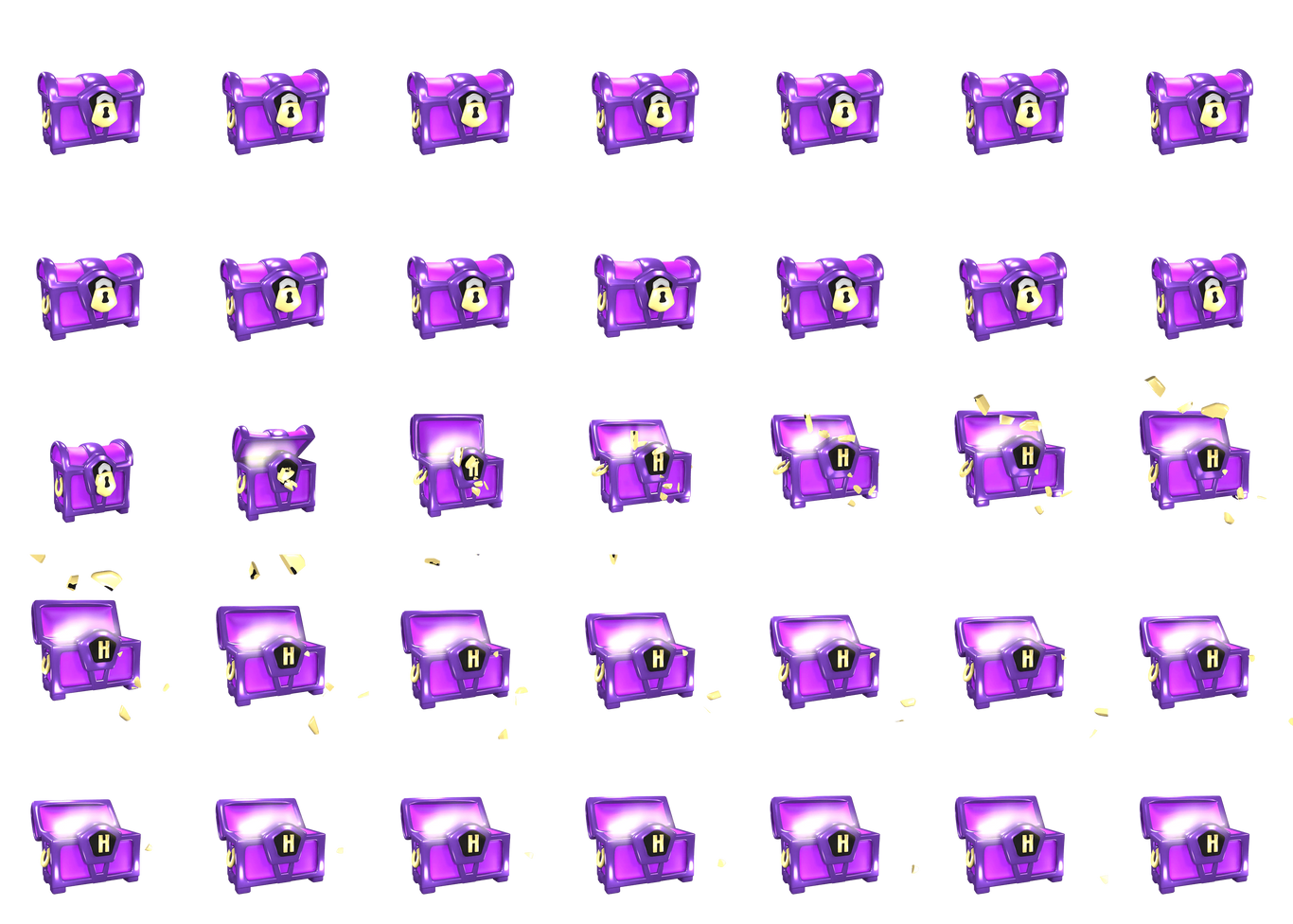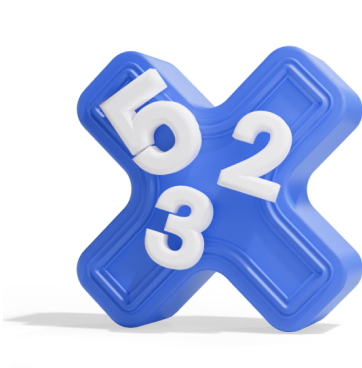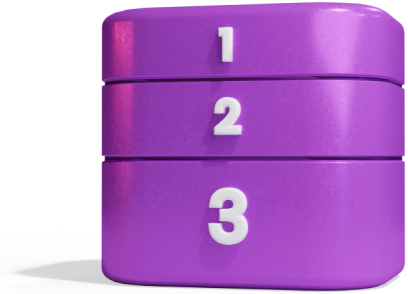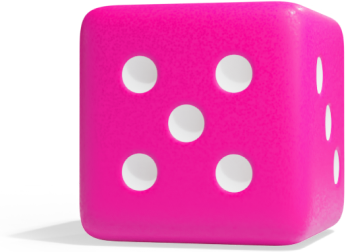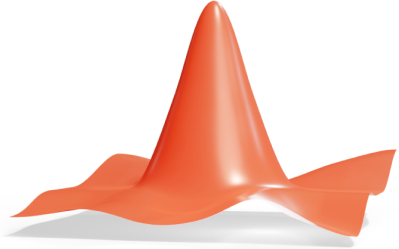Ordered Sampling with Replacement
An ordered set is a set where the order of the elements matter. With replacement means that you can pick the same element more than once.
Rule
Ordered Sampling with Replacement
If you have a set of elements and draw elements from it, you have the following number of possible outcomes:
Example 1
A code can have five digits. You can use the digits . How many different possible codes can you create?
To find the answer to this, it’s smart to go one step at a time. First ask yourself: “How many digits can I choose to put in the first position?” The answer to this is 10, because there are 10 digits from 0 to 9. The same is true for the next four positions. That makes the total number of codes
This answer makes sense, because a five digit code represents any positive number up to (the code for number 1 will be 00001). In addition we can’t forget the number 0, which corresponds to the code 00000. That means the number of different codes is
which is the same as we got above.
Example 2
A Californian license plate has the format 1ABC234. In the places that contain letters you can use any letter, and in the places that contain digits you can use any digit. There is one exception: In the first place, the number can’t be 0. How many different license plates can exist?
There are 26 letters in the alphabet, and there are 10 different digits, with the first one not including zero, for a total of 9. That gives us
